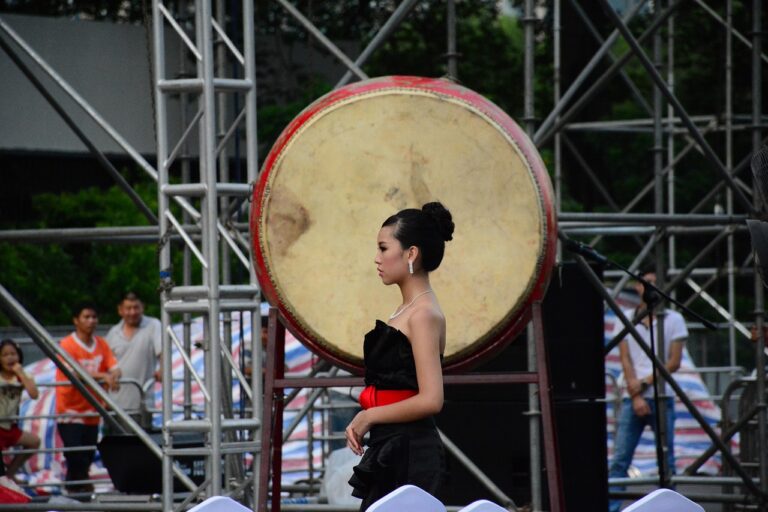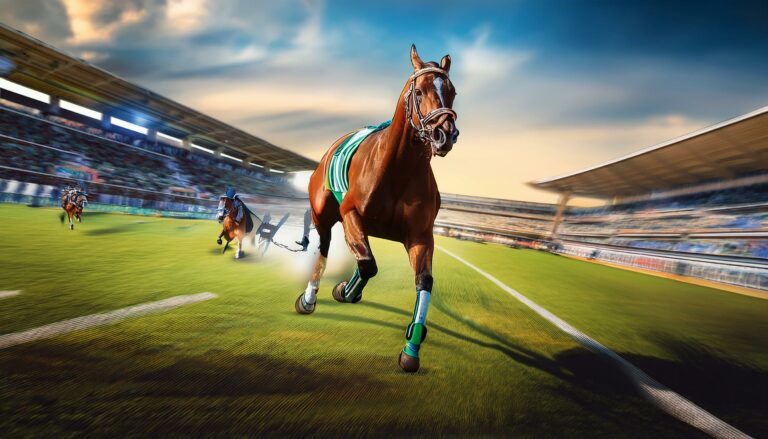Avoiding Common Nutritional Pitfalls in IPL Training: All panel mahadev, Mahadev book login, Allpanel login
all panel mahadev, mahadev book login, allpanel login: Cricket is a sport that requires a high level of physical fitness and stamina, especially when it comes to the intense and fast-paced IPL training sessions. One key aspect of ensuring peak performance on the field is maintaining a proper and balanced diet. However, there are several common nutritional pitfalls that many players fall into during their training. In this article, we will discuss some of these pitfalls and provide tips on how to avoid them.
Overemphasis on Protein
Protein is essential for muscle repair and growth, making it a crucial component of any athlete’s diet. However, many cricketers tend to overemphasize protein consumption, believing that more is always better. Excessive protein intake can put unnecessary strain on the kidneys and lead to dehydration. It is essential to focus on a balanced diet that includes carbohydrates, fats, and proteins in the right proportions.
Neglecting Hydration
Staying hydrated is vital for maintaining optimal performance during training sessions. Dehydration can lead to decreased energy levels, muscle cramps, and impaired cognitive function. Cricketers should aim to drink water regularly throughout the day, especially before, during, and after training sessions. Avoid sugary sports drinks and opt for plain water or electrolyte-enhanced beverages instead.
Skipping Meals
With busy training schedules, it can be easy to skip meals or grab quick, unhealthy snacks on the go. However, this can lead to low energy levels, poor concentration, and decreased performance on the field. It is crucial to prioritize regular, balanced meals that include a mix of carbohydrates, proteins, and healthy fats to fuel the body properly.
Overreliance on Supplements
While supplements can be beneficial in filling in nutritional gaps, relying too heavily on them can be counterproductive. Many players turn to supplements as a quick fix for their dietary needs, neglecting whole foods that provide essential nutrients. It is best to focus on a varied diet rich in fruits, vegetables, whole grains, lean proteins, and healthy fats before turning to supplements.
Ignoring Recovery Nutrition
Proper nutrition post-training is just as crucial as fueling before and during workouts. Consuming the right nutrients after a training session helps the body recover faster and promotes muscle repair. Including a mix of carbohydrates and proteins in your post-workout meal or snack can help replenish glycogen stores and support muscle growth.
Lack of Variety
Eating the same foods day in and day out can lead to nutritional deficiencies and boredom. It is essential to vary your diet to ensure that you are getting a wide range of essential nutrients. Incorporate different fruits, vegetables, proteins, and whole grains into your meals to keep things exciting and ensure a balanced intake of vitamins and minerals.
FAQs:
Q: Can I eat junk food occasionally during training?
A: While it’s okay to indulge in moderation, consistently consuming junk food can negatively impact your performance and recovery. Stick to whole, nutrient-dense foods for optimal results.
Q: How can I ensure I’m getting enough nutrients during training?
A: Consulting with a sports nutritionist can help you create a personalized meal plan that meets your specific energy and nutrient needs during training.
Q: Is it necessary to take protein supplements?
A: Protein supplements can be helpful for some athletes, but they should not replace whole food sources of protein in your diet. Focus on getting protein from a variety of sources like lean meats, eggs, dairy, and plant-based sources.
In conclusion, avoiding common nutritional pitfalls during IPL training is essential for maintaining optimal performance on the field. By focusing on a balanced diet, staying hydrated, prioritizing recovery nutrition, and varying your food choices, you can set yourself up for success during training and matches. Remember, nutrition plays a crucial role in your overall athletic performance, so make it a priority in your training regimen.







